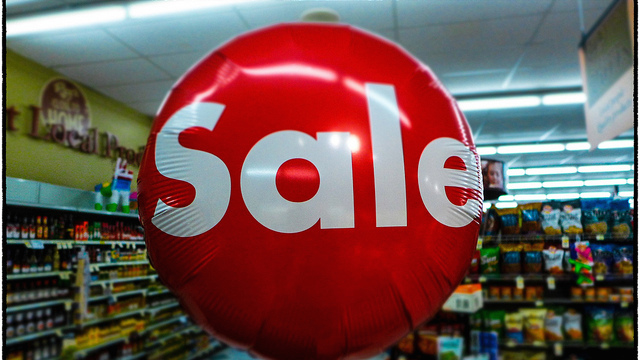It feels good to get a discount. Getting the full value of an item for 50 or 70 per cent off seems frugal and financially savvy. But for the sake of your finances, it helps to assign value to an item based on your own budget, not a sale price.
Photo by Miguel Tejada-Flores
In a blog post on spending mistakes, ReadyForZero reminds us that, just because something’s on sale doesn’t mean it’s a bargain for you. Shannon McNay writes:
I look at what I’m willing to spend and assign that value to the item rather than relying on a retailer to assign that value and then try to entice me to purchase faster for a special “savings.”
Buying a car is a good example. You research your options and prices, and come up with an amount you’re willing to spend. Without a game plan for your spending, you can easily get haggled into special offers and discounts that aren’t really anything special.
To me, it’s also about perspective. A fancy, warm coat on sale for $100 may very well be a good deal, objectively. But if you’re struggling to pay your bills and you live in a warm climate, it’s not really a good deal for you.
It’s easy to justify a purchase we can’t afford by telling ourselves we’re getting a good deal. This is a useful reminder that, just because something’s on sale, doesn’t mean you should buy it. Also, to make smarter financial decisions, use your own finances as a frame of reference, rather than enticing offers.
9 Money Mistakes I’ll Never Make Again [ReadyForZero]

Comments